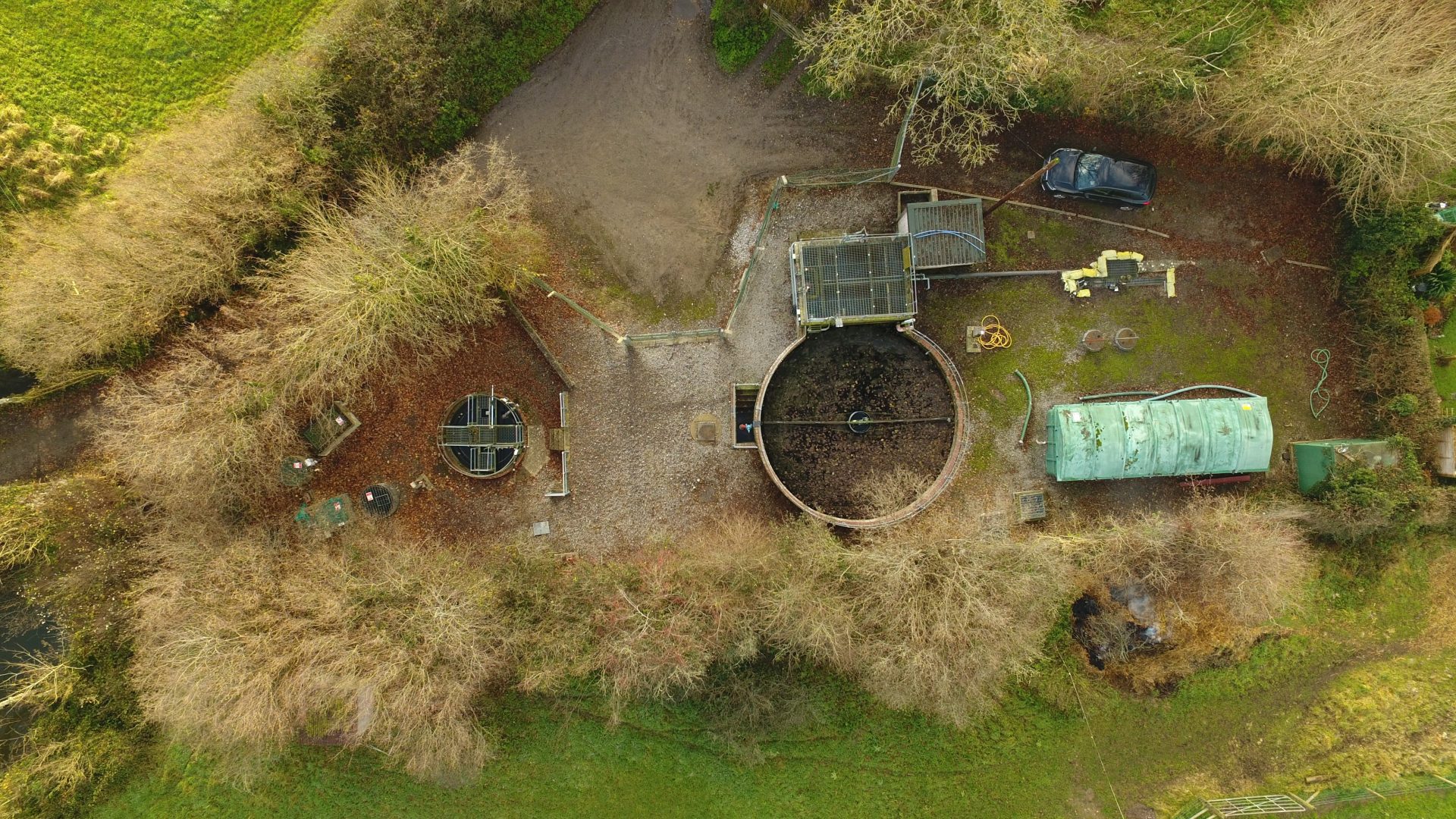A multi-million pound investment that will help to further protect waterways in the rural north-west corner of Dorset has been outlined in a development to be considered by county planners.
Proposals for more than £7 million to be spent to enhance how wastewater is treated at the village of Halstock, near the border with Somerset, have been submitted by Wessex Water to go before the local authority.
If approved, the upgrade will include an expansion of the site so it keeps pace with the regulatory standards for the treatment of sewage. The site returns treated wastewater to the environment via the Sutton Bingham Stream.
Equipment at the centre will be enhanced and supplemented by additional infrastructure on land to its north to further improve the quality of treated water being safely released back into environment.
Should the plan get the green light, the 18-month reconstruction project would get under way later this year.
The development was initially outlined in meetings with villagers last year, with Wessex Water following up by speaking and writing to local customers and representatives directly ahead of the submission to Dorset Council.
The proposals were then shaped during pre-application consultation with the local authority, including incorporating landscaping to help the expansion blend into the Dorset National Landscape (formerly Area of Outstanding Natural Beauty).
Project manager Dave Thomas said:
“This substantial investment in Halstock will help us to ensure that the way we treat wastewater at our site keeps up with the standards as set out by industry regulators.
“By expanding the capacity of our water recycling centre in the village we can meet these demands and also have a positive impact on the local environment by helping to extend existing habitats such as hedgerows alongside the nearby river.”
Subject to approval from regulators, Wessex Water is proposing its largest ever investment in water and sewerage services to improve the health of rivers, reduce pollution and create around 2,000 extra jobs across the region.
Around £3.5 billion of new investment is proposed between 2025 and 2030 – more than double the current five-yearly spend of around £1.5 billion.



